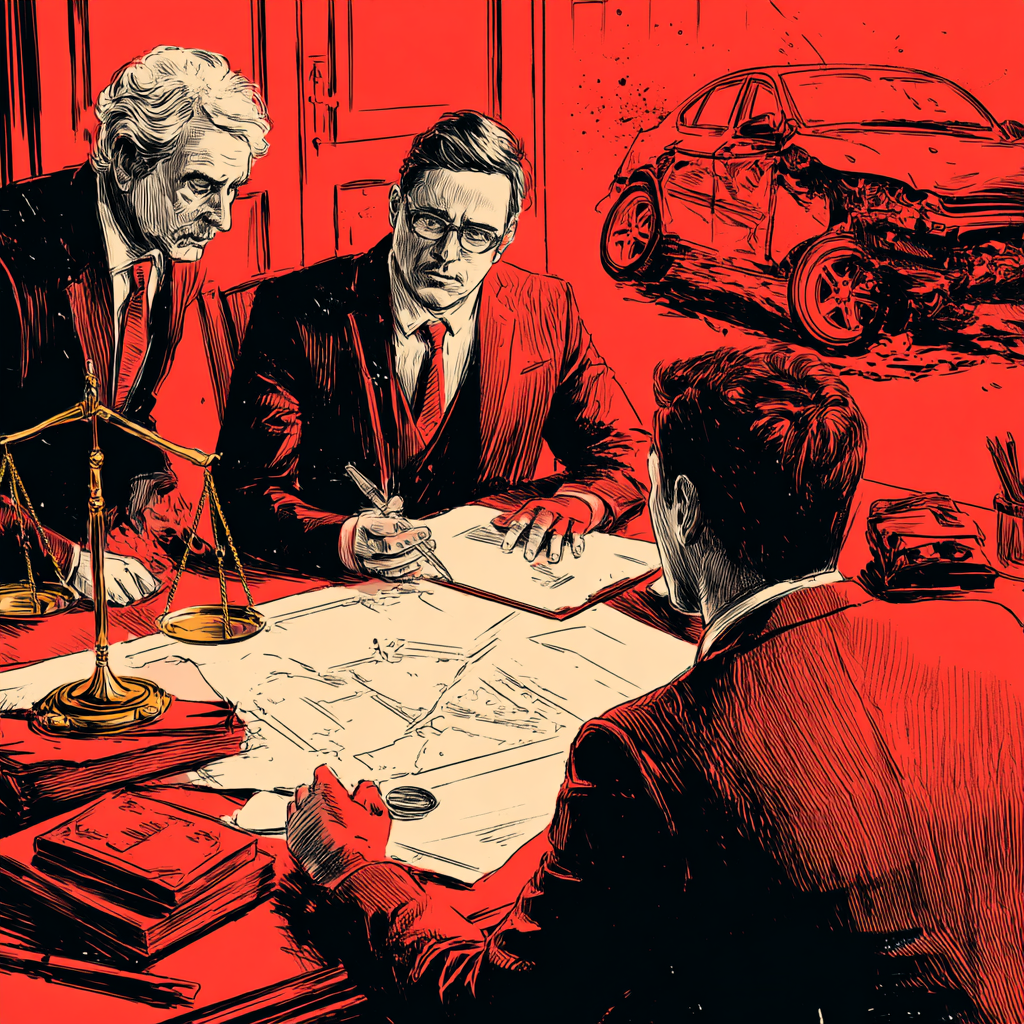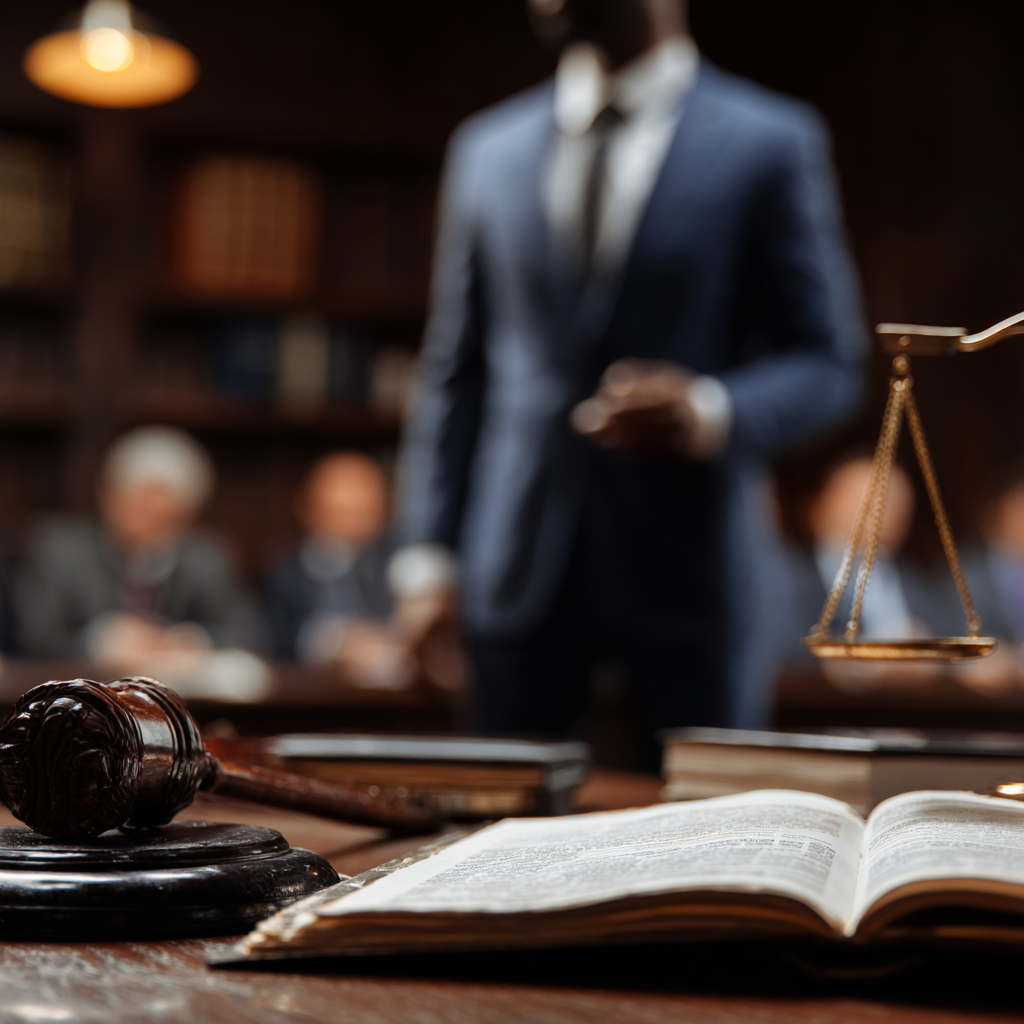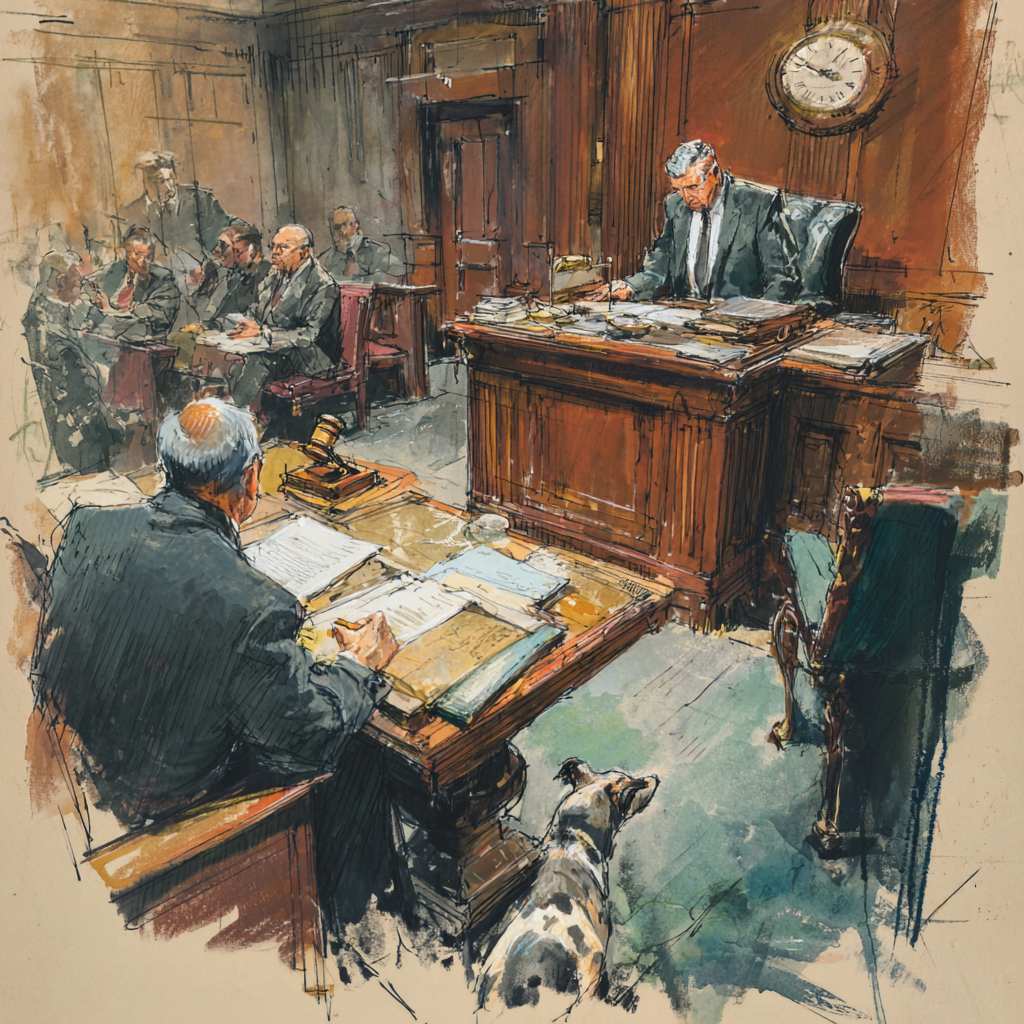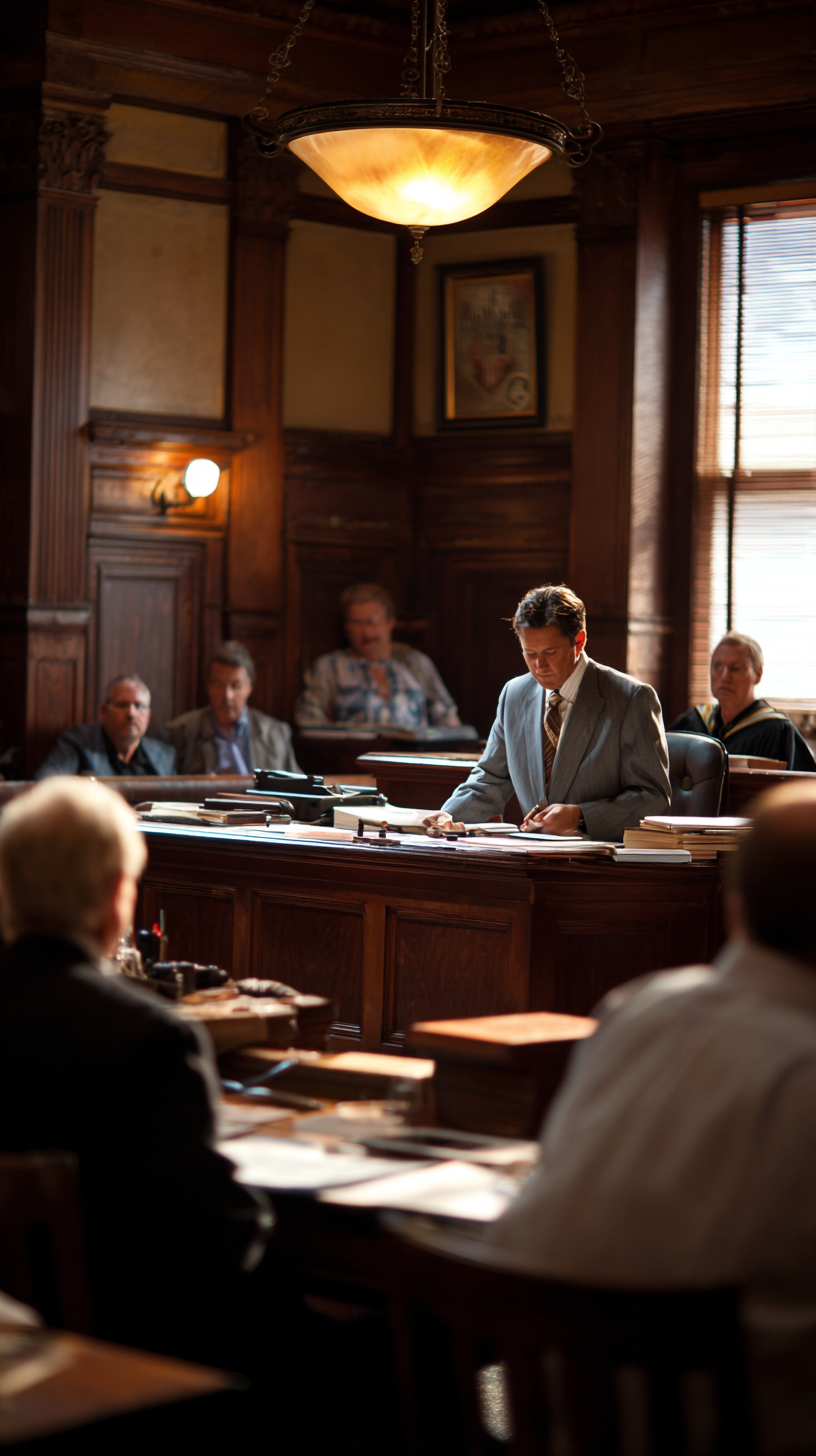Island Life Chiropractic, P.C. v Travelers Ins. Co., 2019 NY Slip Op 51273(U)(App. Term 2d Dept. 2019)
This area of law has contributed much body to the procedural world of 3212(g) and CPLR 3123. We now have another matter that is shaping this issue.
(1) “Where a no-fault insurer is relying on the defense that an action is premature because verification is outstanding, it is the defendant insurer’s prima facie burden at trial to demonstrate (1) that verification requests were timely mailed and (2) that the defendant did not receive the requested verification (see 11 NYCRR 65-3.8 [a]; Right Aid Med. Supply Corp. v State Farm Mut. Auto. Ins. Co., 58 Misc 3d 140[A], 2017 NY Slip Op 51857[U] [App Term, 2d Dept, 2d, 11th & 13th Jud Dists 2017]). As there was a finding for all purposes in this action that defendant had timely mailed verification requests to plaintiff, defendant did not have to prove this element of its defense at trial. In contrast, there was no finding that defendant had not received the requested verification. If the motion court had also found, for all purposes in the action, that defendant had not received the requested verification, meaning that that fact could no longer be disputed or rebutted, then, rather than denying defendant’s motion for summary judgment and making CPLR 3212 (g) findings, the appropriate course of action in this case would have been to grant summary judgment to defendant (see EMC Health Prods., Inc. v Geico Ins. Co., 43 Misc 3d 139[A], 2014 NY Slip Op 50786[U] [App Term, 2d Dept, 2d, 11th & 13th Jud Dists 2014]).
(2) Instead, the motion court simply found that plaintiff had raised a triable issue of fact as to that question, the only impact of which was that a trial, limited to the issue of “whether the requested verification remains outstanding,” would take place (see Vitality Chiropractic, P.C. v New York Cent. Mut. Fire Ins. Co., 17 Misc 3d 34 [App Term, 2d Dept, 2d & 11th Jud Dists 2007]). “
The net effect is for a new trial where Defendant bears the burden of showing lack of receipt of verification. The better question – and one you should opine on – is can this be satisfied through subpoenaing Plaintiff’s deponent in the summary judgment motion and having him/her prove the exact verification was mailed? And assuming this a party witness, the penalty for refusal to obey a subpoena should be striking the pleadings.










3 Responses
Striking the pleadings as a CONSEQUENCE of failure to appear based on the SUBPOENA is extreme and improper. The best carrier can do is seek a missing witness charge. But then the carrier runs into the following problem, The mere failure of a party to produce an apparently knowledgeable witness at trial is insufficient to warrant the giving of the missing witness charge. Rather, the Court of Appeals has set forth preconditions for the missing witness charge, applicable in both civil and criminal actions: (1) the witness’s knowledge is material to an issue in the trial; (2) the witness is expected to give non-cumulative testimony; (3) the witness is under the control of the party against whom the charge is sought; and (4) the witness is available to that party. Devito v. Feliciano, 22 N.Y.3d 159, 165 (2013). since the testimony of plaintiff’s allegedly SUBPOENAED WITNESS would be CUMULATIVE of Defendants own claim representative no missing witness charge can be requested.
So the burden stays with the carrier
But why can’t I make my case with your witness? You opened up the door through getting him/her to sign an affidavit. Why is it improper to have the witness testify that he/she mailed or did not mail an item? It is similar to making your prima facie at trial through my claim representative’s admission. Yet, I do not see why an NF-10 and bill cannot be admitted into evidence without a foundation to make your case… Or, a summary judgment affidavit, NF-10 and bill?
It is a sad day that the carrier cannot produce a claim rep who has knowledge WHETHER Stuff was received, when, where and how. As App Term laid it out.